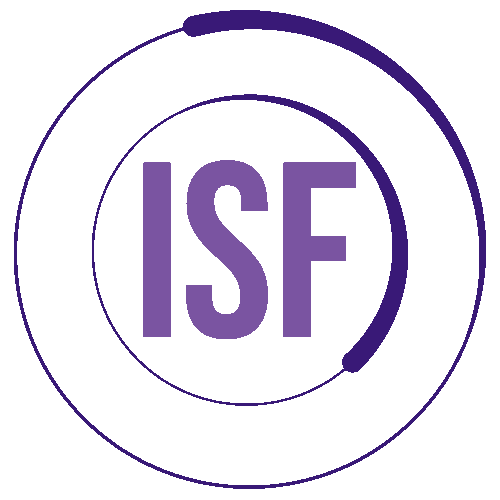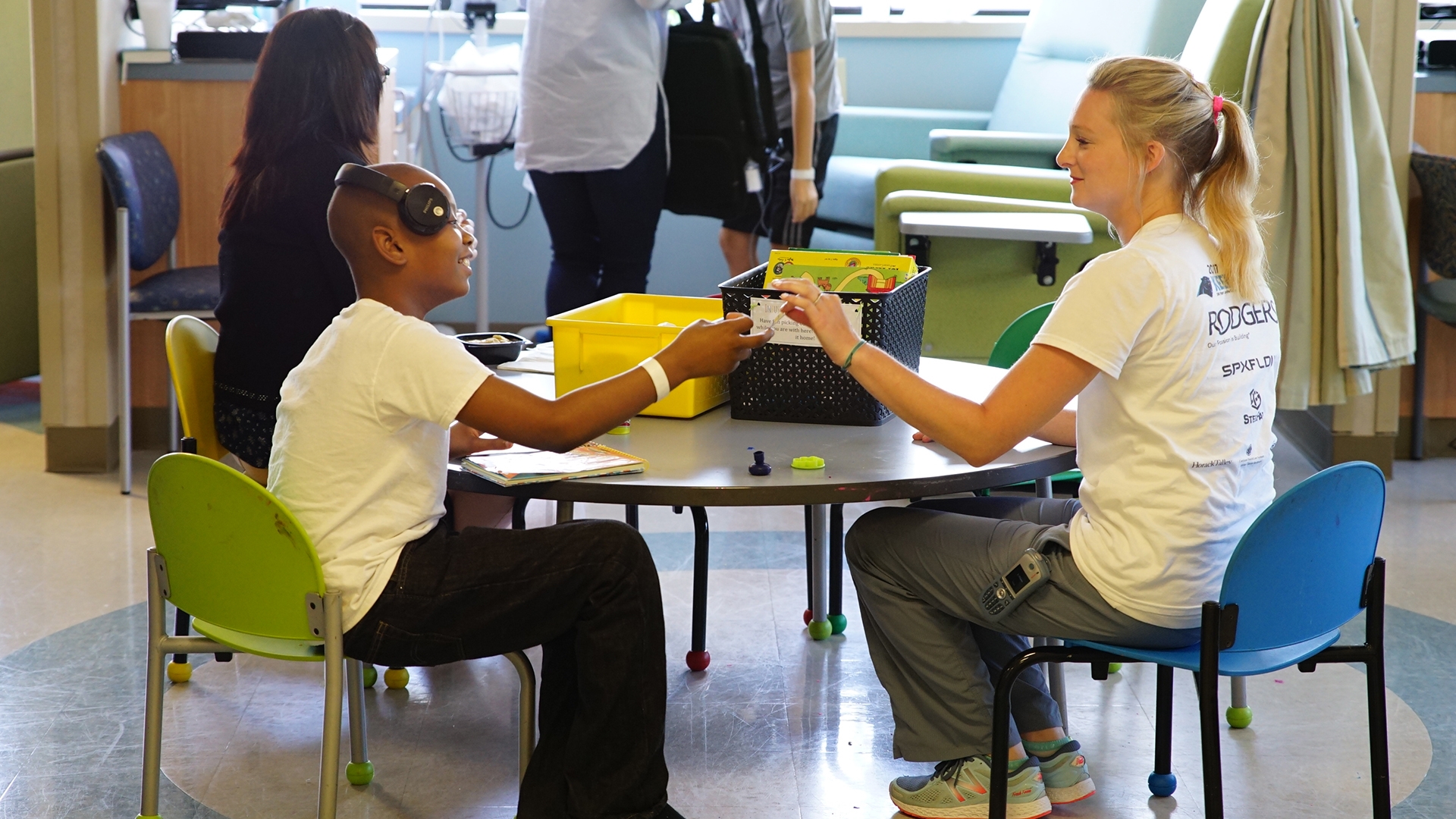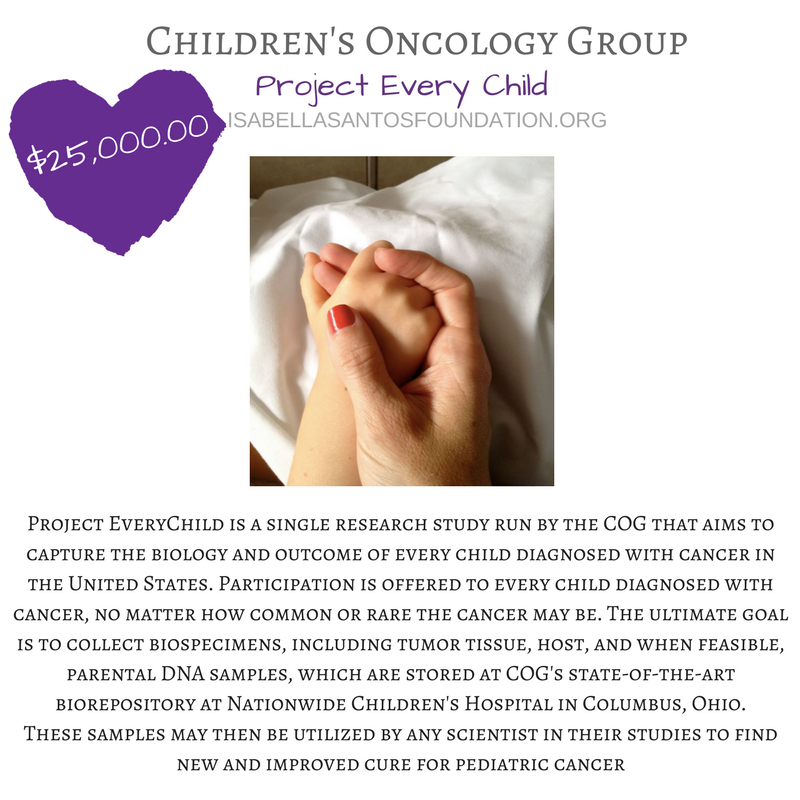Levine Children’s Hospital: We’re Doing All We Can to End Childhood Cancer

Content provided by Levine Children’s Hospital
Today, the 5-year survival rate for those with childhood cancers stands at more than 80 percent – up more than 20 points since the 1970s.
That’s encouraging news for families with children with cancer. But there’s still a long way to go, especially when funding for pediatric cancer remains low.
Here at Levine Children’s Hospital, we’re doing all we can to cure the incurable. We sat down with some of the cancer specialists at LCH to hear what excites them about cancer care here in the greater Charlotte area.
Personalized medicine. As part of the Beat Childhood Cancer initiative, LCH researchers are investigating tailored courses of chemotherapy based on a person’s individual genetic makeup. “We give you a personal answer, telling you what drugs may work for a specific tumor. For people who have gone through chemotherapy, that is a very unique thing,” says Javier Oesterheld, MD, medical director for pediatric hematology, oncology, and blood and marrow transplantation.
New technology for rare nerve cancer. LCH is building a dedicated lead-lined room to deliver a special kind of therapy called MIBG to treat neuroblastoma, a form of high-risk nerve cancer. We’ll be one of fewer than 20 centers in the United States to offer this type of therapy, says Dr. Oesterheld.
Dynamic approaches for blood and marrow transplantation. Replacing broken stem cells with healthy cells from a donor is one way to cure many types of cancer. We’re one of 12 institutions in the country studying a new technology that can help kids with cancer who have no other donors. “We have a number of kids who we’re helping save with this technology, and we’re really privileged to be able to bring this top-level work here to Charlotte,” says Jeffrey Huo, MD, pediatric blood and marrow transplantation specialist.
Immunotherapies. Many new treatments for leukemia involve helping the body itself to fight off the cancerous cells. “We’re now able to trick the body’s own immune system into recognizing the leukemia cells as bad, so it can go and kill those cells,” says Joel Kaplan, MD, a pediatric hematologist-oncologist. “This type of research is one of the most cutting-edge things going on in the nation right now, and we’re contributing to those efforts here at LCH.”
Beyond new therapies, our doctors know that better treatment also includes providing the extra human touch – to be at our best when children are at their worst. “The science of cancer is always changing, which keeps us on our toes,” says Dr. Oesterheld. “But the idea of being able to get a child through probably the worst times of their lives – for us, that’s invaluable.”





